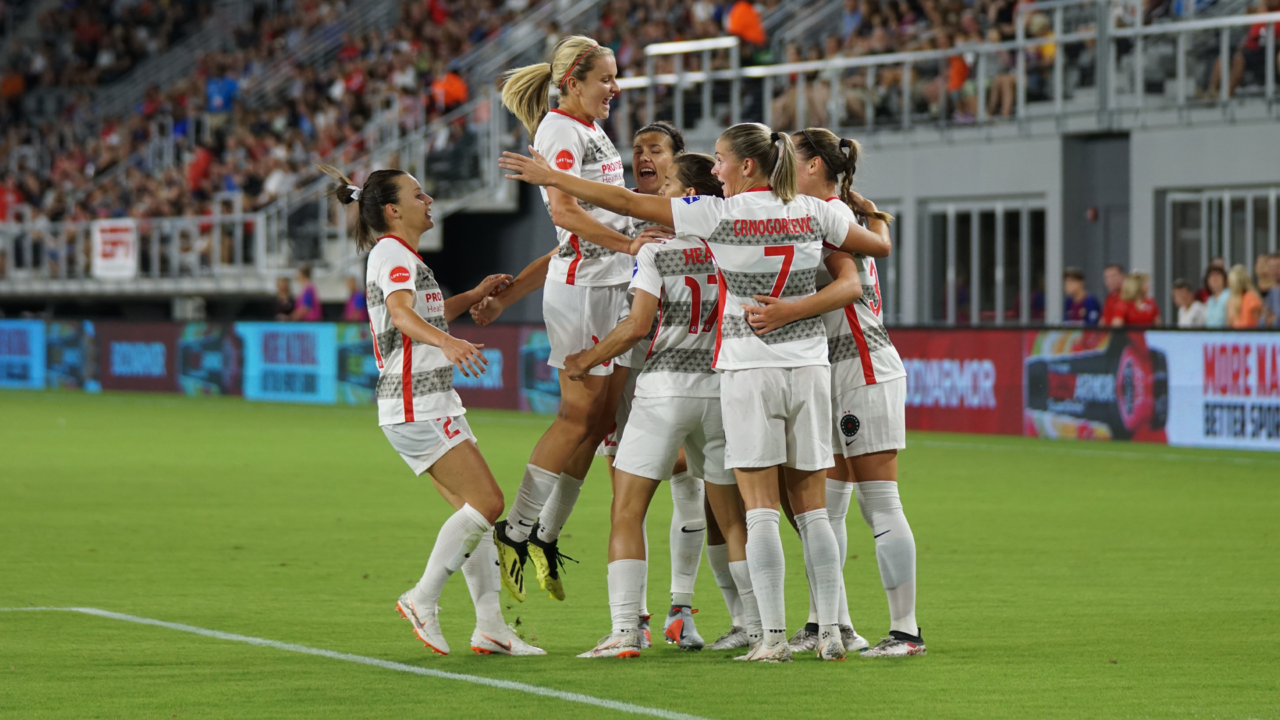Despite an emotional World Cup journey for England’s lionesses, football remains governed by an antiquated male gaze.
England faced heartbreak on Sunday when the national team lost 1-0 to Spain in the Women’s World Cup final.
But despite falling at the final hurdle, the lionesses made history in securing their first World Cup silver medal, following on from a groundbreaking Euros win last year.
National response to the tournament has proved women’s football is finally gaining traction, and England players have become beloved household names – including Mary Earps, who’s blinding saves have earned her the nickname ‘Mary Queen of stops’.
All this to say, football appears to be moving forward in the ongoing fight for gender equality. It’s a long-overdue development for a sport that dominates British popular culture, yet remains burdened by a history of gender-based violence, racism, and general anti-social behaviour.
Yet football’s big-dogs – those cutting the deals and making the multi-millions – are largely white heterosexual men, whose recent tone-deaf statements have made clear the sport still has a long way to go before it can honestly call itself ‘the beautiful game.’
In the run up to Sunday’s final, FIFA president Gianni Infantino gave a nail-bitingly awkward address in Sydney, where he told women footballers they should ‘pick the right fights’ and had the power to ‘convince us men what we have to do’ to bring progress to women’s football.’
It’s not the first time Infantino has caught slack for his dubious choice of words. But his actions had immediate consequences when England footballer Lucy Bronze snubbed Infantino at the World Cup awards ceremony on Sunday.
Bronze accepted her silver medal from Infantino before walking ahead without acknowledging him. Infantino was awkwardly left hanging after offering a handshake.
None of the women’s England team have commented on Infantino’s comments, but the football world has been reading into his interaction with Bronze regardless.
A sports figurehead of a different kind also stirred up backlash this week after refusing to release Mary Earps football jersey. Nike have repeatedly refused to produce replica copies of Earps’ shirt despite heavy criticism from fans and Earps herself.
After a heroic performance in Sunday’s final, where she saved a penalty by Spain and kept England’s hopes alive in the second half, Earps has fuelled further pressure on Nike to explain their decision.




















